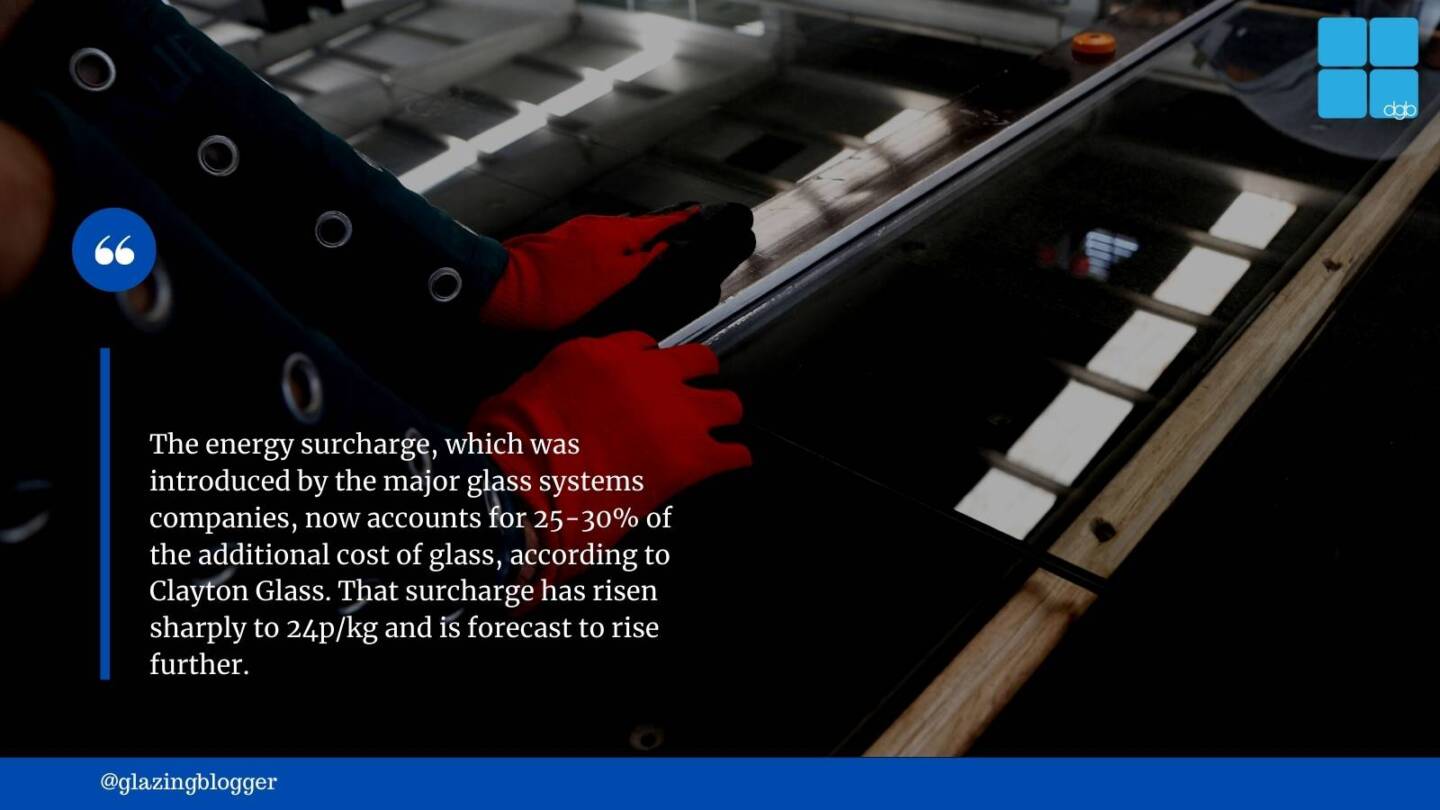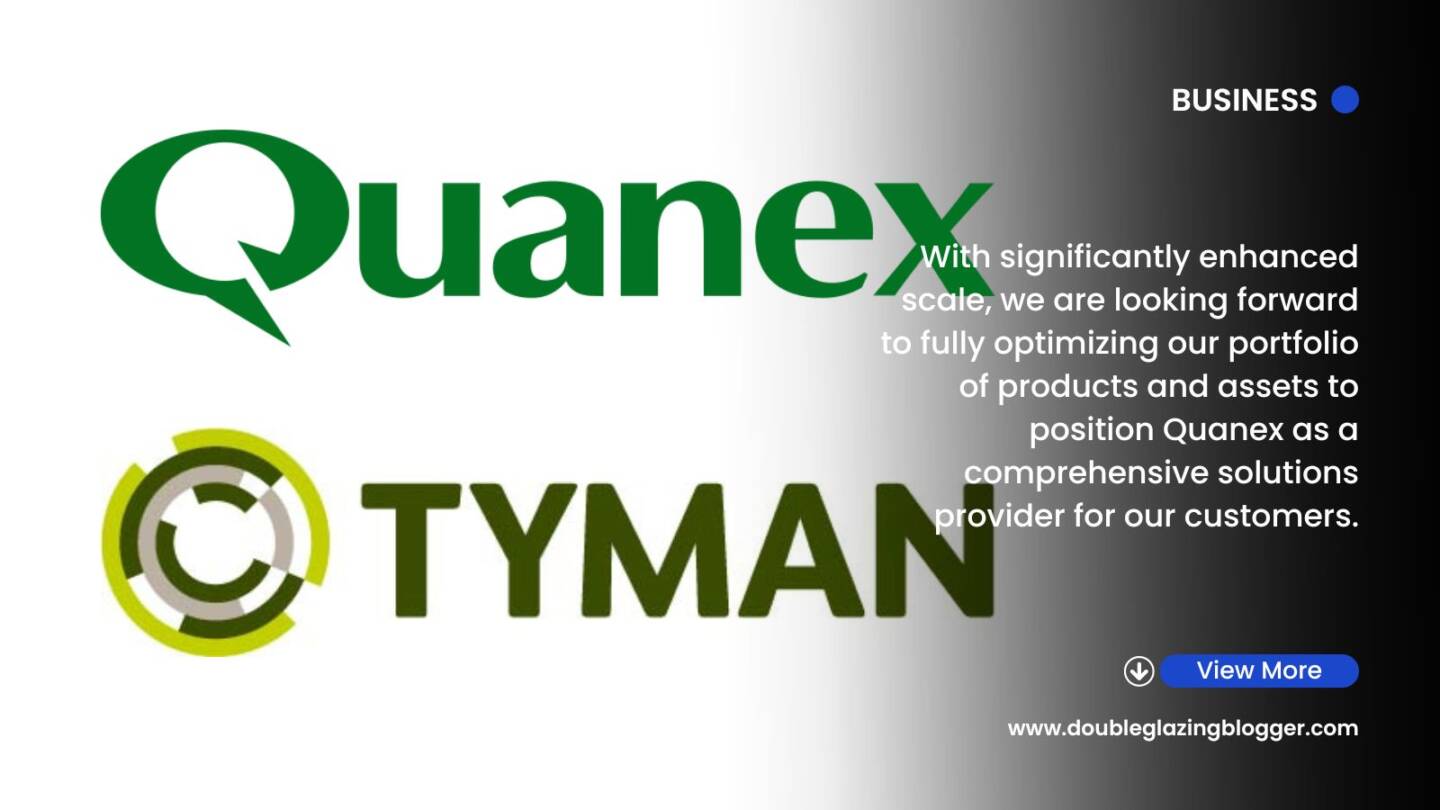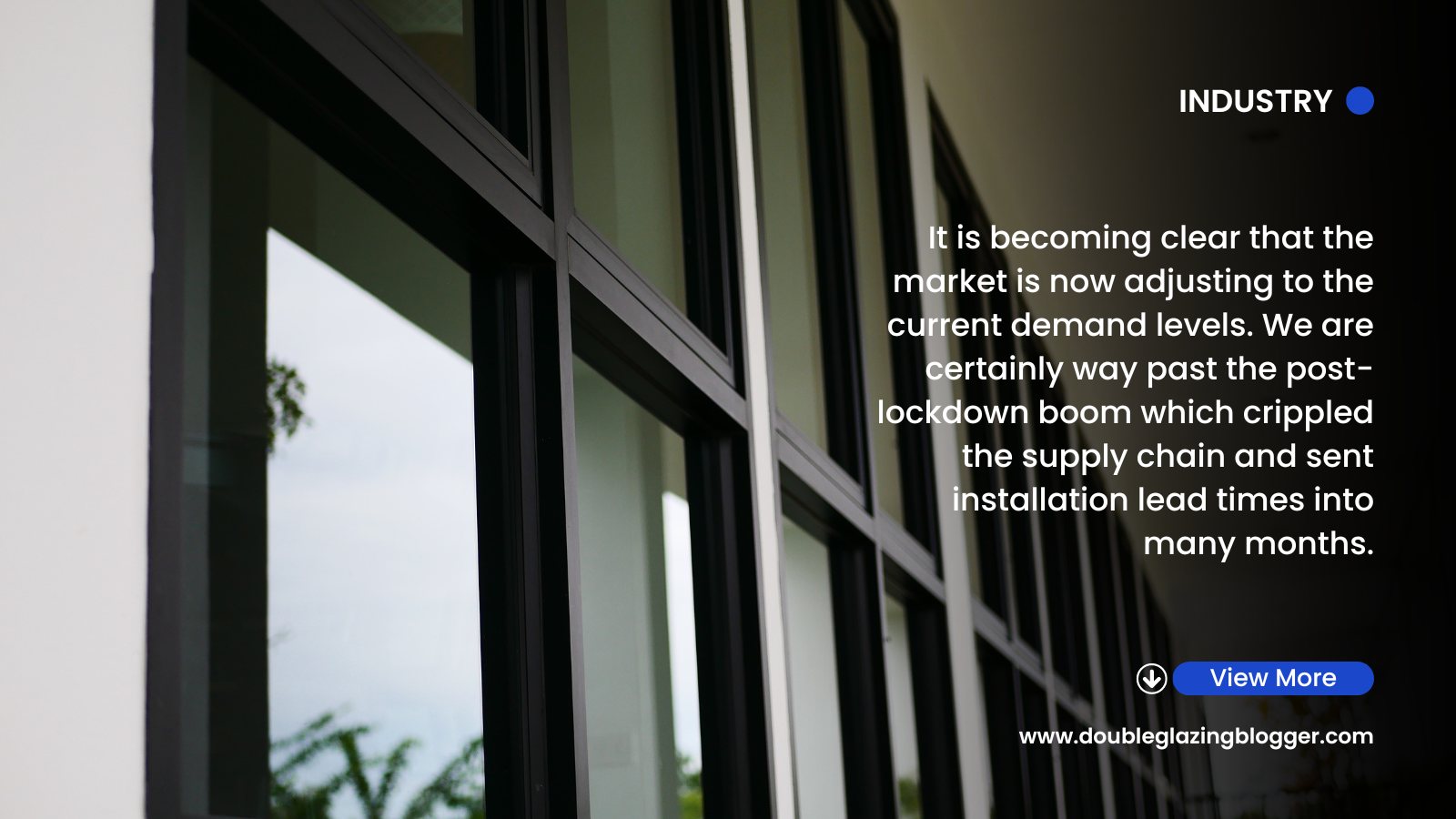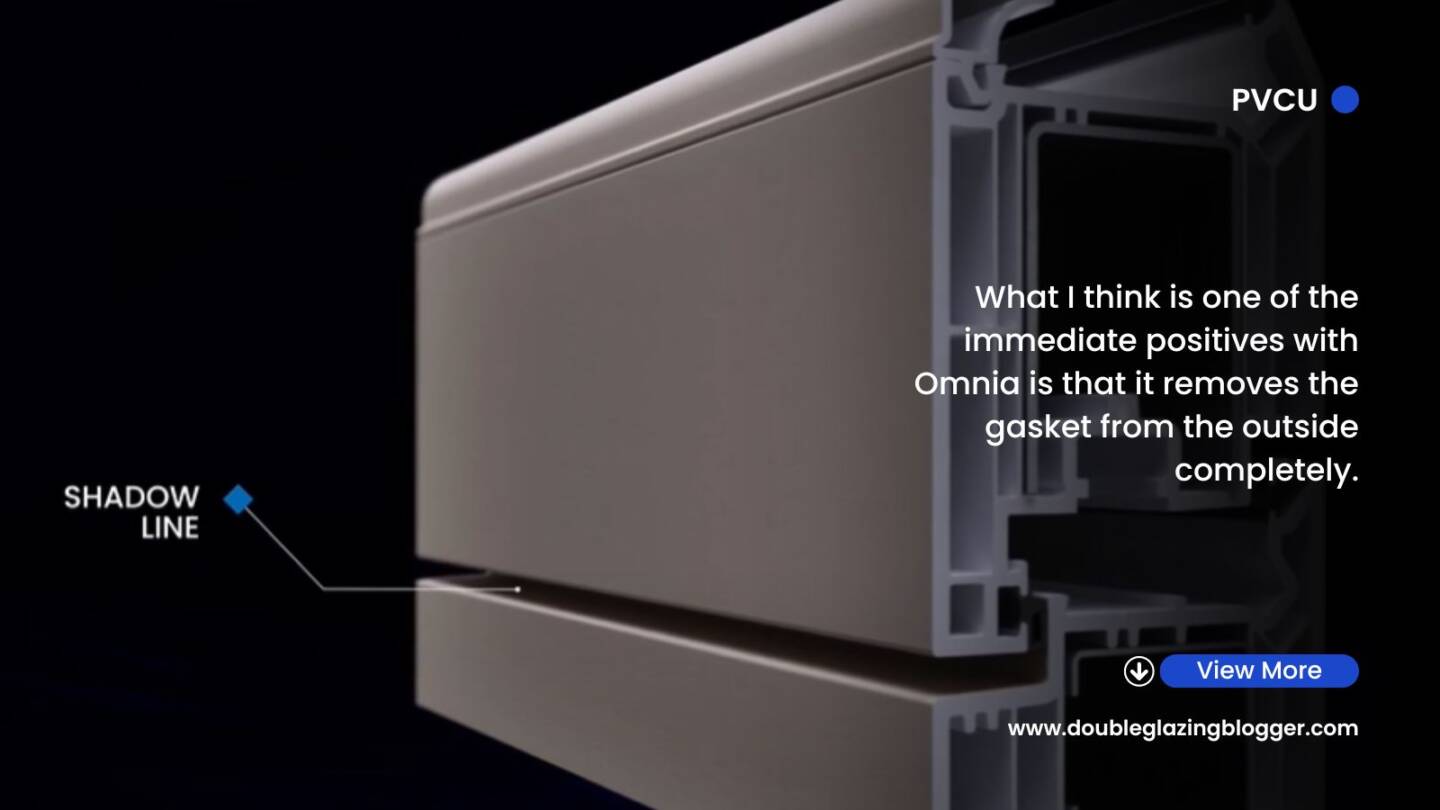Just as other parts of the fenestration supply chain begin to bed in some stability, we are still seeing volatile conditions in the glass part of our market, with multiple warnings that the cost of glass is going to rise further in the coming months.
Inflation looks like it’s here to stay for a while yet.
Glass prices to rise
In what is becoming a trend of upfront commentary, Clayton Glass issued a news release via its website to explain why the cost of glass is very likely to be going up in the next few months. You can read their original article here. But I will paraphrase some of the areas they mention.
The first place to start is the war in Ukraine. Russia has essentially turned off the gas taps to Europe in response to sanctions. According to Clayton Glass, 20% of the cost of glass production is gas. The UK only buys a very small percentage of its gas from Russia, somewhere around 4% or so. However, the taps being turned off to Europe have sent the cost of wholesale gas soaring across the board. That then filters down the supply chain as higher production costs.
Again on the energy front, the crippling costs of gas and electricity are hitting businesses hard. Companies across the country, including within our sector, are now being hit with eyewatering increases in energy bills as their fixed-term contracts come to an end. New fixed-term deals are becoming harder to find, and it’s worth remembering that the energy price “cap” only applies to homes and not businesses. New Prime Minister Liz Truss has promised a package that will be announced tomorrow which will spell out the help for both households and businesses to try and limit the damage of future increases, but for some companies where contracts are already finished, that help will come too late.
The energy surcharge, which was introduced by the major glass systems companies, now accounts for 25-30% of the additional cost of glass, according to Clayton Glass. That surcharge has risen sharply to 24p/kg and is forecast to rise further.
Wage inflation is now being mentioned more often. Companies are raising wages to help their staff with the cost of living. But this then feeds into the general inflation spiral, and companies have to pass on those wage increases to their own customers to be able to pay for it.
The long and short of it is there are at least half a dozen issues in play right now and all are contributing to rising costs of glass production. So even if there is a generous energy price package announced on Thursday by Liz Truss, it may not be enough to stem the momentum of inflation in our sector.
Continue to pass on increases
Our sector has endured an onslaught of price increases no one has likely ever seen before in their time in the fenestration career. Remember the days we’d all get pissed off at a 2% increase once a year? I think we’d all take that right now.
In the early phase of price increase, the supply chain was comfortable in passing those down to the consumer. At that time, inflation wasn’t a problem, there was no cost of living crisis and people were flush with furlough cash and holiday refunds. That money is now gone, inflation is at a 40-year high and the cost of living is as serious a problem as COVID was.
However, our sector has no real option but to continue to pass any further increases down the supply chain. We’re all getting battered from all directions. Energy costs are rising fast, demand at the same time is dropping off at a very inconvenient time and margins are being squeezed. If suppliers decided to absorb price increases there is a significant chance many would close their doors for good.
Ultimately, installers, who are the last to get hit in the chain, will have to pass any glass price increases on to the homeowner. It’s not ideal, and it will make many feel uncomfortable given the economic backdrop. But installers are not charities either, and everyone has to do what they can to ensure that they can ride this storm out.
Remember, our sector has a very powerful USP in that our products can radically improve the energy efficiency of a home. So whilst prices continue to rise, we also have to continue to make the point that only by investing in your home can you ensure that future energy costs are limited to the absolute minimum they have to be.
To get weekly updates from DGB sent to your inbox, enter your email address in the space below to subscribe:
By subscribing you agree to DGB sending you weekly email updates with all published content on this website, as well as any major updates to the services being run on DGB. Your data is never passed on to third parties or used by external advertising companies. Your data is protected and stored on secure servers run by Fivenines UK Ltd.






Hearing going to be glass shortage Europe going to cut production due to gas shortage.